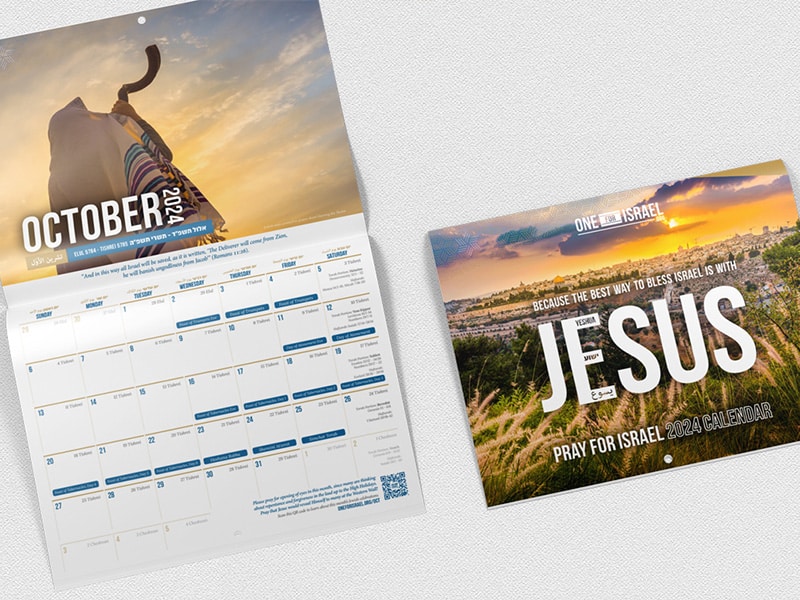How often do we approach the Bible, looking for something for us, as if it’s all about us? Have we got it all upside down and back to front? Arlie Francis from Disciple Daily talks us through some thoughts on making sure we’re reading the Bible the right way up…
“A good story has a beginning and an end. This is especially true of the Bible. Read the greatest story ever told like any other book, from the beginning!”
“I will be like God”
Adam mutely stood by while the serpent enticed Eve to eat fruit from the Tree of the Knowledge of Good and Evil. They both believed the lie. If they ate the fruit of the forbidden tree, their eyes would be opened and they would be like God. They succumbed to the same self-centered desire Satan had in the Eden of God, before he was cast out of God’s presence in shame. This ongoing personal battle with our own self-serving flesh is reflected in the way we approach the Bible. Have you ever given any thought to why it is that most new believers in Jesus are drawn almost exclusively to the New Testament?
It is simply a matter of fact that the fallen status of humanity dictates virtually everything thought, said, and done on planet earth. Even believers who receive a completely new nature at the moment of their salvation (2 Corinthians 5:17,) often returning to the sickness of self first. Praise God, that we have been declared to be a “new creation,” even when we don’t act like it.
It’s Not About Me?
The pictures of “God with us” in the person of Jesus are a comfort to the men and women of this fallen world. That God would leave heaven to become a man and give Himself on the cross as our own personal sin offering is the most incredible truth of the entire Bible. But if new believers focus exclusively on the New Testament when they read and study the Bible, a huge problem emerges. When the Old Testament is ignored, it is easy to once again fall into the self centered deception that the entirety of God’s plan for history is the salvation of mankind. It makes humanity’s redemption the exclusive focal point of God’s activity in the world. It leads each of us to believe that whatever God does, “it’s all about me, my salvation, my happiness.”
Some time ago, a music clip from Orlando’s First Baptist Church debuted a number of Facebook and Twitter postings. The clip spotlights a man singing a familiar praise song at the piano. The audience quickly recognizes something is not quite right. Soon, others join him, singing parodies of a number of popular Christian songs and hymns. At first these parodies are kind of funny. However, if you are like me, after a couple of the parodies, you probably began to feel a little uncomfortable. Much if the music we offer as worship is crafted to make us feel better, to make God relative to us. The Bible turns that thought upside down. The Bible makes those who believe in Jesus, His relatives. We belong to Him, not the other way around.
Start At The Beginning
Old Testament supports and informs the New Testament. This must be understood if we are to catch a glimpse of the majesty of God, if we ever hope to allow Him to glorify Himself through our lives. You see, the salvation of men, women, boys, and girls is just one part of how God glorifies Himself.
Many believers seem to think that the Church is the end of the story. That dangerous thinking is built upon the sand of a backwards looking, New Testament first approach to the Scriptures. It confuses the good news of the gospel of grace offered throughout all of the ages of God’s continually unfolding plan for history.
Besides the salvation of mankind, share some of the other ways that God glorifies Himself. State your position and please support it with Scripture references. Let’s have a dialogue that builds a strong case that glorifies Himself in everything He does through His plans for all things.
Bible study tools
Disciple Daily has a page full of videos that could be a useful tool as you study the Bible. It will help you to see how the Bible’s storyline drives the content and subjects of the other OT books, the Prophets and the Writings. The purpose of the Hebrew Scriptures ( Old Testament) is to point to Messiah’s first coming. They also point to the signs of our own time and the coming rapture of the Church, the seven-year tribulation, thousand-year Messianic Kingdom, the end of this world, and the new heavens and earth.














